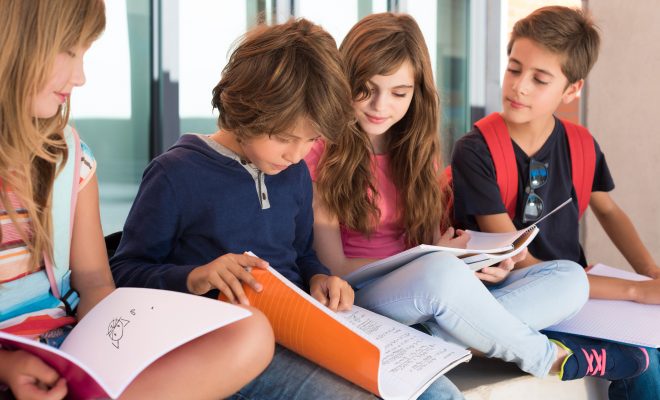Does Class Size Really Matter?

Education reformers and researchers debate a lot of things, but shouldn’t it be easy for them to agree on the importance of small class sizes in PreK-12 classrooms? Maybe. Keep reading to find out. When we speak of small class sizes, that usually means 20 students or under for elementary school classrooms and 20 to 25 students for high schools classrooms. The concept of using small class sizes to boost academic achievement and to solve classroom management woes is a popular one with parents, educators, and politicians. At least 80% of the states in the union have passed some type of class size reduction law or policy in the last two decades.
However, in spite of more than four decades of research, the efficacy of this ubiquitous practice is deceptively hard to measure, which has led to many debates. Most education researchers agree that small class sizes in the primary grades coincide with higher academic achievement and higher graduation rates for students from low socio-economic backgrounds.
Their disagreement is linked to whether or not the benefits of small class sizes outweigh the ginormous price tag, especially in states that already find it difficult to fund education adequately. Recently, those same researchers have been trying to figure out the mechanisms that allow smaller class size to work, and who benefits most.
Here are the most interesting insights from their research:
- Small class sizes work is because it gives teachers an opportunity to offer students more personalized instruction, which is probably the reason that academic achievement goes up. Teachers don’t necessarily change what they are doing, they are just able to increase their efficacy.
- The efficacy of classroom management efforts is increased in smaller groups. Kids also seem to pay more attention.
- Smaller class sizes must be coupled with competent administrative and parental support for it to work.
- Students in smaller class sizes seem to outperform those who are taught in larger groups. We already knew that, but it is nice to have it verified by empirical research.
- Smaller class sizes don’t have the same positive effects if you decrease the physical space in which they are convened. The more space the better.
- Students with special needs benefit from smaller class sizes. To clarify, we are referring to students with disabilities who are mainstreamed into regular education classrooms.
- Students were found to be more engaged in classrooms with fewer students and reported better relationships with their teachers and peers.
- Students in smaller classes spent more time on task than students in larger classrooms.
- Teachers in small classrooms reported having more time to differentiate instruction.
- Students who experienced small class sizes in elementary school were able to continue that success throughout their K-12 career and were more likely to attend college.
- Small class sizes have a positive effect on teacher retention. As class sizes go down, retention rates go up.
- Teacher quality can have a positive or negative effect on the efficacy of reduced size classrooms. If you place a low-quality teacher in a classroom with 20 kids or less, the results will more than likely be poor.
- Supports, such as professional development, quality curriculum resources, can enhance the effect of reduced class size.
So there you have. Under the right conditions, smaller class sizes do have a positive impact on the academic achievement, engagement, and behavior of PreK-12 students. What do you think? Are we missing something?





